Who Are the Zillenials? Meet the Singers Defining This Microgeneration
Too young to be millennials, too old for Gen Z...

AUSTIN, TEXAS - OCTOBER 13: Chappell Roan performs onstage during weekend two, day three of the 2024 Austin City Limits Music Festival at Zilker Park on October 13, 2024 in Austin, Texas. (Photo by Rick Kern/Getty Images)
You’ve probably heard plenty about Millennials and Gen Z—but what about the people who don’t quite feel like either? Enter the Zillenials, a microgeneration born roughly between 1992 and 1998 (though the range can vary slightly depending on the source). They sit right on the cusp of the Millennial and Gen Z divide and often relate to both generations—while also feeling distinct from each.
Zillenials grew up in a unique moment in history. Most experienced a childhood without smartphones, but a teen or college life shaped by social media, meaning they remember things like flip phones and MySpace and TikTok and Face ID. They witnessed the transition from dial-up internet to Wi-Fi, from DVDs to streaming, and from landlines to DMs.
They also came of age during major global events:
- 9/11 and its aftermath
- The 2008 financial crisis (many saw its impact on their families)
- The rise of social media, from Facebook to TikTok
- And more recently, the COVID-19 pandemic affecting their adult working years
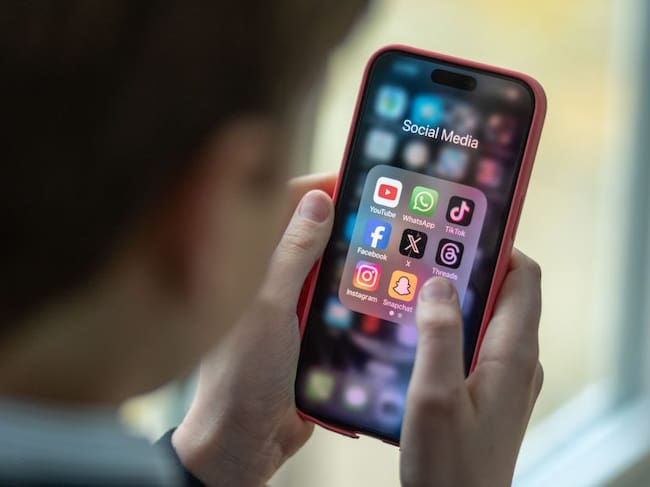
iPhone screen showing various social media apps including TikTok, Facebook and X. (Matt Cardy/Getty Images)
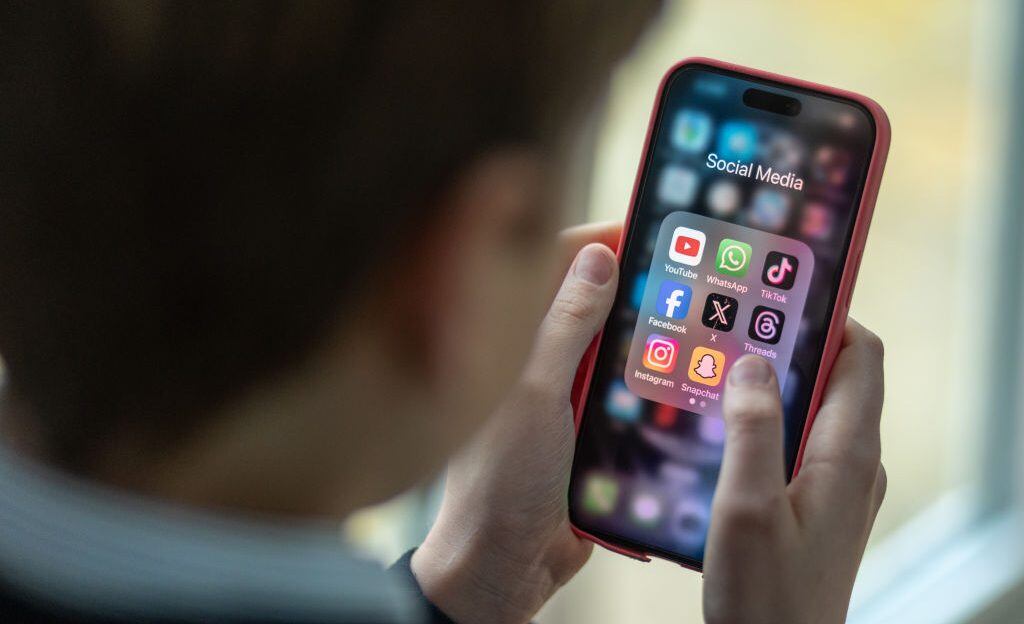
iPhone screen showing various social media apps including TikTok, Facebook and X. (Matt Cardy/Getty Images)
This mix has shaped how Zillenials see the world—more skeptical than Gen Z, but less cynical than older Millennials. They’re digital natives, but with analog memories.
Culture, Identity, and the Workplace
In pop culture, Zillenials relate to both Millennial nostalgia (like Harry Potter, early YouTube, and emo bands) and Gen Z trends (like BeReal, cottagecore, and rapid-fire meme culture). They’re often fluent in the humor and lingo of both generations, which makes them valuable cultural translators in both social and professional spaces.
In the workplace, Zillenials tend to value flexibility, purpose, and mental health, like Gen Z, but also bring the Millennial-driven work ethic and adaptability to evolving tech. Many are just entering leadership roles while still young enough to understand what’s coming next.
Why the Label Matters
While ‘Zillenial’ isn’t an official generational category, the term is gaining popularity because it gives a name to a very specific experience. Being born on the edge of two generations can feel like being stuck between identities—but it can also be a strength. Zillenials tend to be highly adaptable, culturally aware, and capable of bridging gaps between older and younger generations.
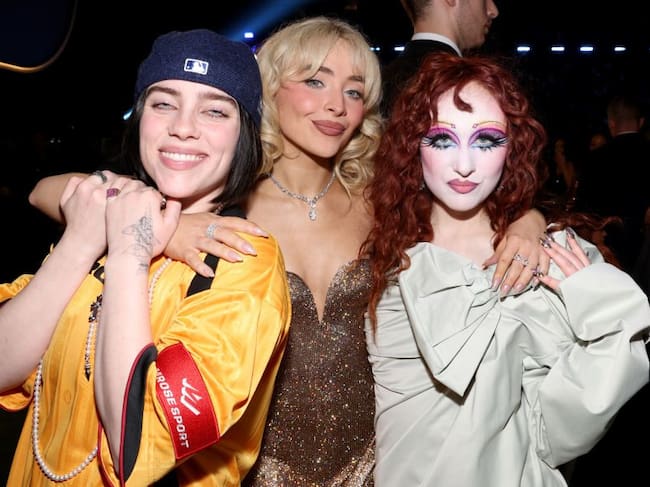
Sabrina Carpenter, Chappell Roan, and Billie Eilish attend the 67th Annual GRAMMY Awards at Crypto.com Arena on February 02, 2025 in Los Angeles, California. (Kevin Mazur/Getty Images)
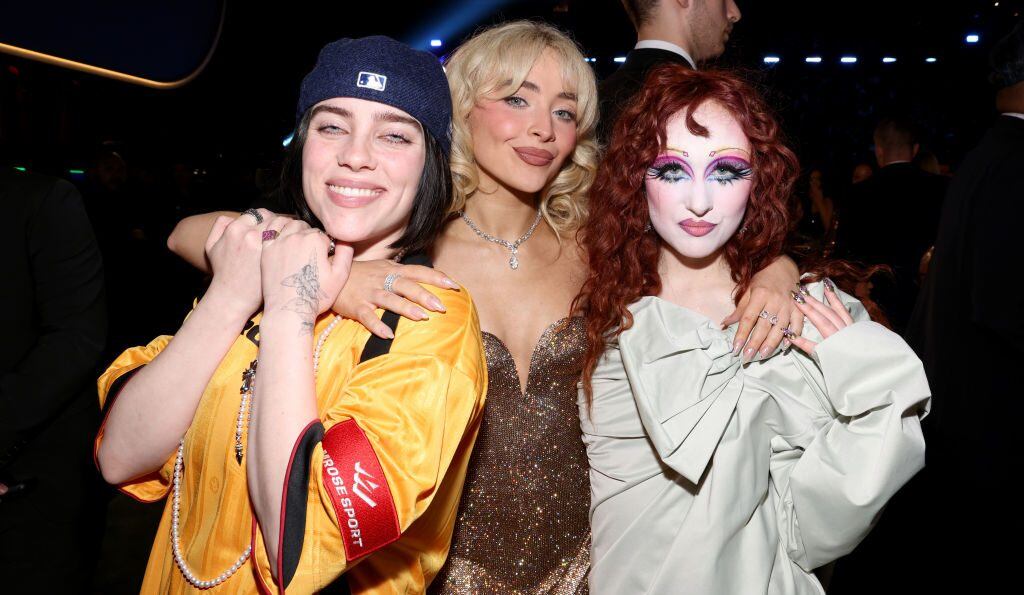
Sabrina Carpenter, Chappell Roan, and Billie Eilish attend the 67th Annual GRAMMY Awards at Crypto.com Arena on February 02, 2025 in Los Angeles, California. (Kevin Mazur/Getty Images)
Whether or not you identify with the label, it reflects a real shift in how we think about generational influence—and reminds us that cultural identity isn’t always defined by neat lines on a chart.
Singers: Millenial, Zillenial or Gen Z?
With the latter referring to those born between 1992 and 1998.
Millenial
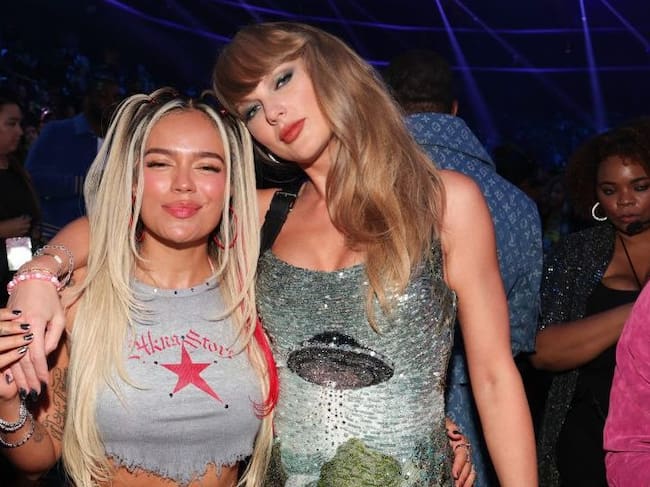
Karol G and Taylor Swift at the 2024 MTV Video Music Awards held at UBS Arena on September 11, 2024 in Elmont, New York. (Christopher Polk/Getty Images)
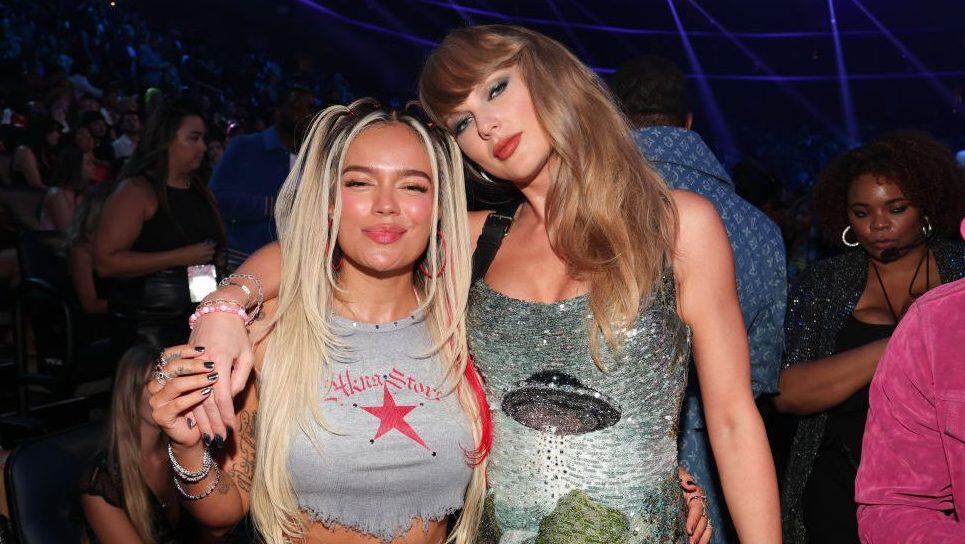
Karol G and Taylor Swift at the 2024 MTV Video Music Awards held at UBS Arena on September 11, 2024 in Elmont, New York. (Christopher Polk/Getty Images)
- Taylor Swift (1989)
- Karol G (1991)
- Lana Del Rey (1985)
- Ed Sheeran (1991)
- Lady Gaga (1986)
- Rihanna (1988)
- Bruno Mars (1985)
- Adele (1988)
- Britney Spears (1981)
- Beyoncé (1981)
- J Balvin (1985)
- Katy Perry (1984)
- Belinda (1989)
Zillenials

Dua Lipa performs in her Radical Optimism Tour at Qudos Bank Arena on March 28, 2025 in Sydney, Australia. (James D. Morgan/Getty Images)

Dua Lipa performs in her Radical Optimism Tour at Qudos Bank Arena on March 28, 2025 in Sydney, Australia. (James D. Morgan/Getty Images)
- Dua Lipa (1995)
- Charli XCX (1992)
- Harry Styles (1994)
- Justin Bieber (1994)
- Chappell Roan (1998)
- Bad Bunny (1994)
- Maluma (1994)
- Lorde (1996)
- Ariana Grande (1993)
- Doechii (1998)
- Selena Gómez (1992)
- Young Miko (1997)
- Shawn Mendes (1998)
- Rosalía (1992)
- TINI (1997)
- Camila Cabello (1997)
Gen Z

Billie Eilish performs onstage during the HIT ME HARD AND SOFT: THE TOUR at The Kia Forum on December 21, 2024 in Inglewood, California. (Kevin Mazur/Getty Images)

Billie Eilish performs onstage during the HIT ME HARD AND SOFT: THE TOUR at The Kia Forum on December 21, 2024 in Inglewood, California. (Kevin Mazur/Getty Images)
- Billie Eilish (2001)
- Sabrina Carpenter (1999)
- Olivia Rodrigo (2003)
- Peso Pluma (1999)
- Gracie Abrams (1999)
- Benson Boone (2002)
- Tate McRae (2003)
- Nicki Nicole (2000)
- Christian Nodal (1999)
- Ángela Aguilar (2003)
- Kenia Os (1999)
- Elijah Hewson (1999)
- Madison Beer (1999)
- The Kid Laroi (2003)
